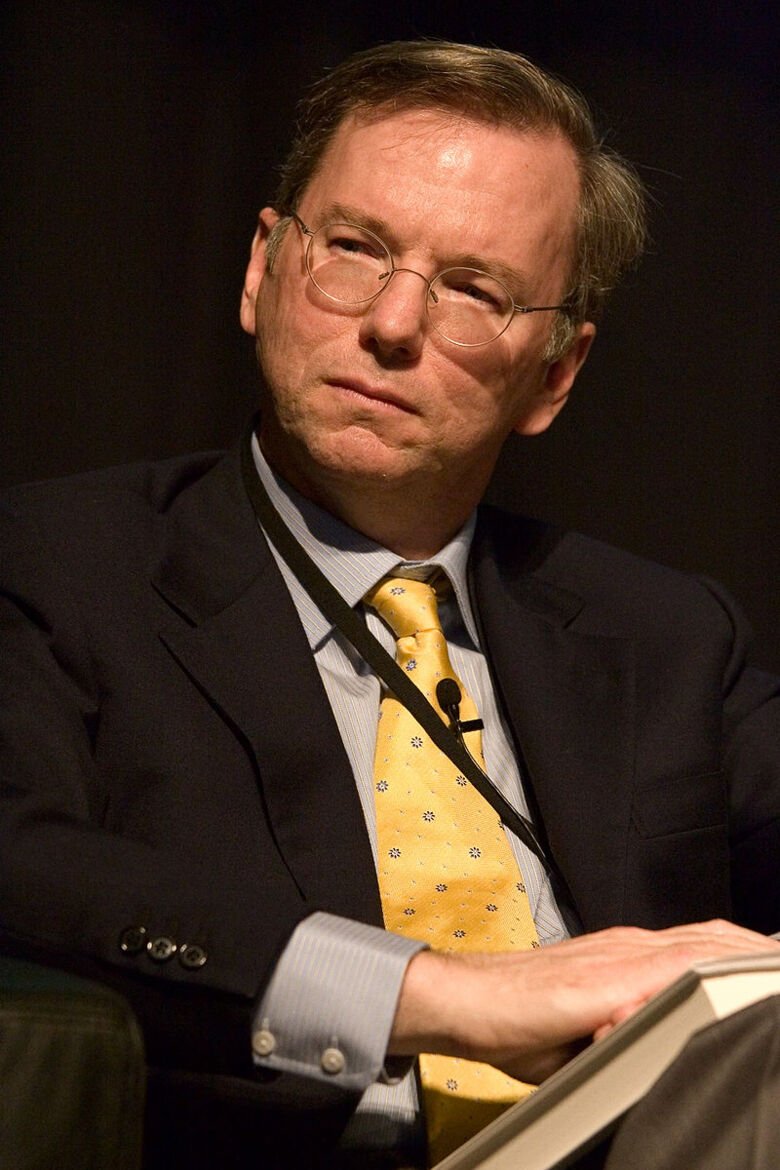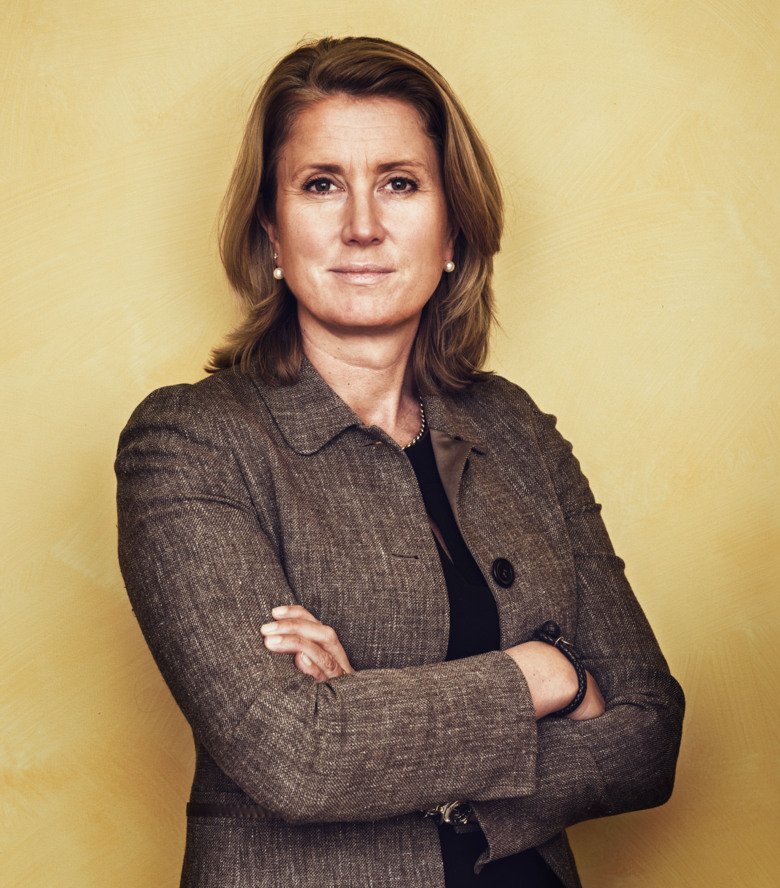AI in focus at this year's KI-Mayo Clinic conference
Recently, the 27th Annual Research Meeting was held within the collaboration between Karolinska Institutet and Mayo Clinic.
As in 2020, the confernece was held online over two half-days and this year it gathered over 700 registered participants within 11 different break out sessions. Both days ended with a joint lecture. This year, the focus was on Artificial Intelligence (AI) and precision medicine, areas that already have brought major changes to the field of health care and, according to the keynote speakers, we cannot even imagine the changes that lay ahead.

AI is a tool in the future of health care
Eric Schmidt, co-founder of Schmidt Futures and former CEO and chairman of Google, ended the first day. He talked about how artificial intelligence can impact health care. Data processing of large amounts of data can provide sub-methods for decision making and change methods and treatments.
The pandemic has really provided evidence of how we with combined forces and large amounts of data, can reduce the time to develop treatment, test methods and get new results for future research.
AI will not destroy us
When asked if AI will destroy the human race, Eric replied that there will be no robots that take over and become evil, but we do not yet understand and cannot predict how to coexist with non-human intelligence. It iss yet to be seen. Challenges such as ethics, fairness and bias, will remain as long as the data is biased. The more data collected from different areas and groups, the better AI, but it will never be perfect. Future health service will need people who are "bilingual", i.e. understand both technology and medicine. AI will not take over the work and all decision-making, but it will be an important tool in health care.

Precision medicine is AI in practice
Anna Martling, Professor of Surgery and Dean of KI Campus Nord completed the second and final day of the conference. Like Eric Schmidt, she showed how the development of handling large amounts of data has resulted in better and more personalized care. Through a patient case, she showed how the 1990s view on lung cancer and treatment evolved step by step, mainly through the mapping of the human genome that has led to a paradigm shift.
We need to raise awarness
Personalized care, so-called precision medicine, can bridge the gap between health care, research, and innovation. As Eric, Anna sees challenges for healthcare to embrace technology and change the organization. A discussion is needed to raise awareness about the area.
A new center for precision medicine
Anna presented the new center for precision medicine, the Precision Medicine Centre (PMCK), a collaboration between Karolinska Institutet and Karolinska University Hospital, which takes on a coordinating role in the ecosystem of healthcare, industry, and academia. This ecosystem includes the Datadriven Life Science system (DDLS), a programme consisting of 11 partners, which is part of SciLifeLab's operations. Anna sees great opportunities to collaborate internationally in the field and welcomes the Mayo Clinic to join.
Welcome to Stockholm 2022
Jan Anderson, representative of the collaboration's steering group, concluded the conference by highlighting several of the values that unite Karolinska Institutet and Mayo Clinic, such as respect, teamwork and justice, and welcomed everyone to a physical conference in Stockholm in 2022. There, the discussion on the future of health care can continue.
